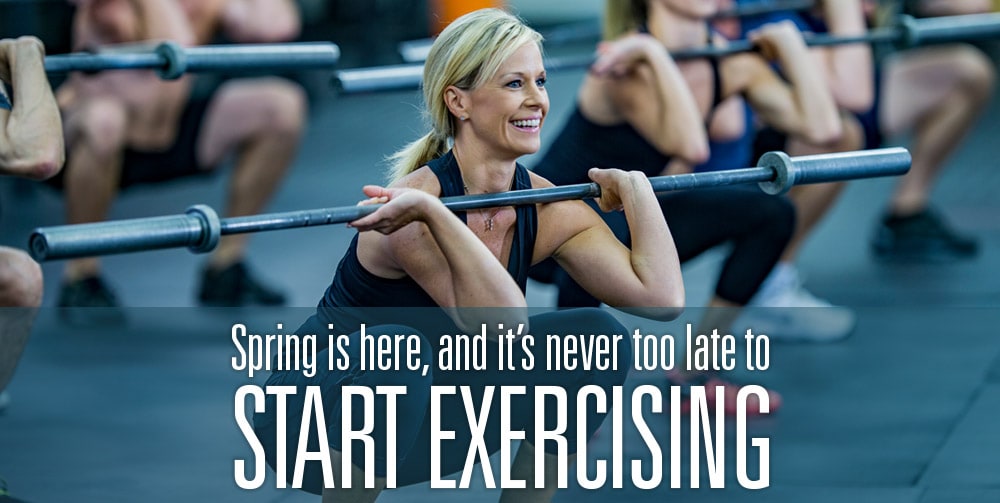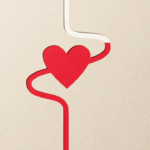
Are you tired, moody, and fatigued? do you long to improve your mental and physical health? as a naturopathic doctor, I can share the single-best way to improve all of these health concerns, which is by starting an exercise routine.
I know, I know, it feels like another addition to your already busy schedule, and a bit overwhelming. But here’s the thing: whether you exercise at age 20 or 70, it’s never too late to reap its health benefits, and contrary to what popular fitness Instagram accounts tell you, you don’t have to use an all-or-nothing approach to exercise, either.
The simpler you keep your workouts, especially in the beginning, the more likely you’ll be able to stick with it. There’s a science-backed reason why this is the case: when you push your body to its limits, your body’s stress hormone, cortisol, is released. Cortisol activates your sympathetic nervous system, your fight-or-flight mode, and actually can slow your metabolism, signalling your body to store fat, and trigger anxiety. When you incorporate simple exercise into your life, such as walking, jogging, yoga, tennis, or a 30-minute gym session, you can keep your stress hormone at bay and start to make vast improvements you can see and feel in your health.
I’ve seen this in my clinical practice. Day after day, a simple exercise routine, such as walking 30 minutes three times a week can benefit everyone, no matter what your age is.
HERE ARE SOME WAYS INCORPORATING SIMPLE MOVEMENT CAN POSITIVELY IMPACT YOUR HEALTH:
1. Mental Health
Exercise stimulates the release of endorphins and serotonin, the brain’s “feel-good,” mood-boosting chemicals that help reduce stress, anxiety, and even depression. These chemicals also have a positive impact on attitude, support relaxation, and promote restful sleep.
2. Weight Loss
Physical activity boosts your metabolism (as long as you’re not continually pushing yourself to the limit and producing excess cortisol) as well as burn calories, which is essential when losing weight. Plus, the positive feelings created after exercise improve self-esteem and overall wellness.
3. Maintains Strong Muscles and Bones
Losing muscle mass is a natural part of aging, but with regular exercise, you can keep your muscles and bones healthy and strong. When you are physically active, the body produces hormones that allow your muscle mass to absorb amino acids better, which reduce the breakdown of muscle tissue, keeping you healthy and active as you age.
4. Increased Energy
Perhaps you turn to a fresh cup of coffee in the morning to get energy for the day, but did you know that exercise can increase your energy – without the caffeine crash? When you exercise, your heart rate rises, feel-good serotonin, and endorphins are released, which improves cardiovascular health, and overall endurance.
Plus, exercise aids in reducing stress, and when you’re stressed, there is excess cortisol in your body produced by your adrenal glands. When your adrenals are consistently producing cortisol, they eventually become depleted, often leading to fatigue and exhaustion. Exercise plays an important role in assisting to bring the body back into balance, improving adrenal health and providing an increase in energy.
5. Slows Aging
Research shows that regular exercise supports normal cholesterol, increases muscle mass, boosts immunity, and improves cognitive function as you age. Daily movement can actually slow aging at the cellular level, help prevent chronic illness, decrease blood pressure, and reduce insulin sensitivity.
Beautiful Skin
Oxidative stress, which occurs due to free radical damage that the body’s antioxidant defenses cannot repair, can affect your skin health and cause damage. By exercising regularly, your body can produce more antioxidants, which help protect cells against free radical damage. Plus, physical movement can stimulate blood flow, adapt skin cells that can slow the appearance of aging, increase circulation and nutrients to the surface of the skin, and release accumulated toxins.
Tips to Get Started
Approach your new routine by taking it one day at a time. It’s normal to experience resistance when beginning any new routine, and it’s important to acknowledge that this is simply a part of the process. Get a workout buddy, schedule exercise into your weekly calendar, and focus on small, realistic goals that are achievable, to hold yourself accountable. Focus on progress over perfection, knowing that you are improving your health each day with the power of a simple exercise routine.













